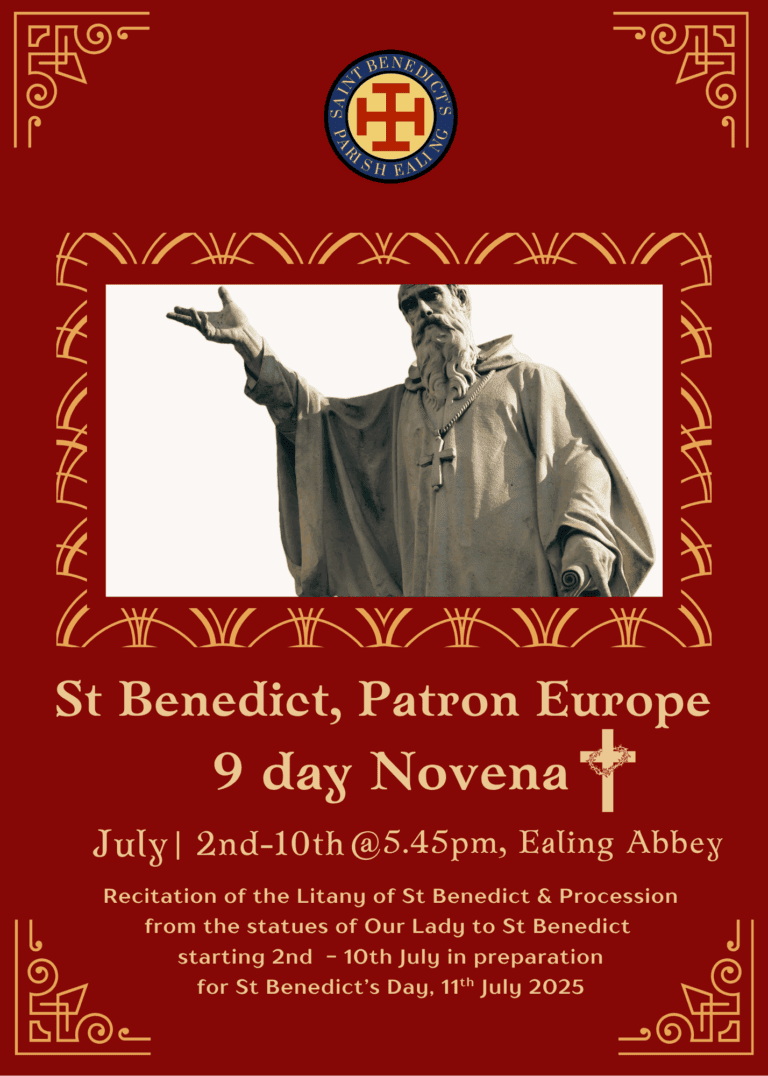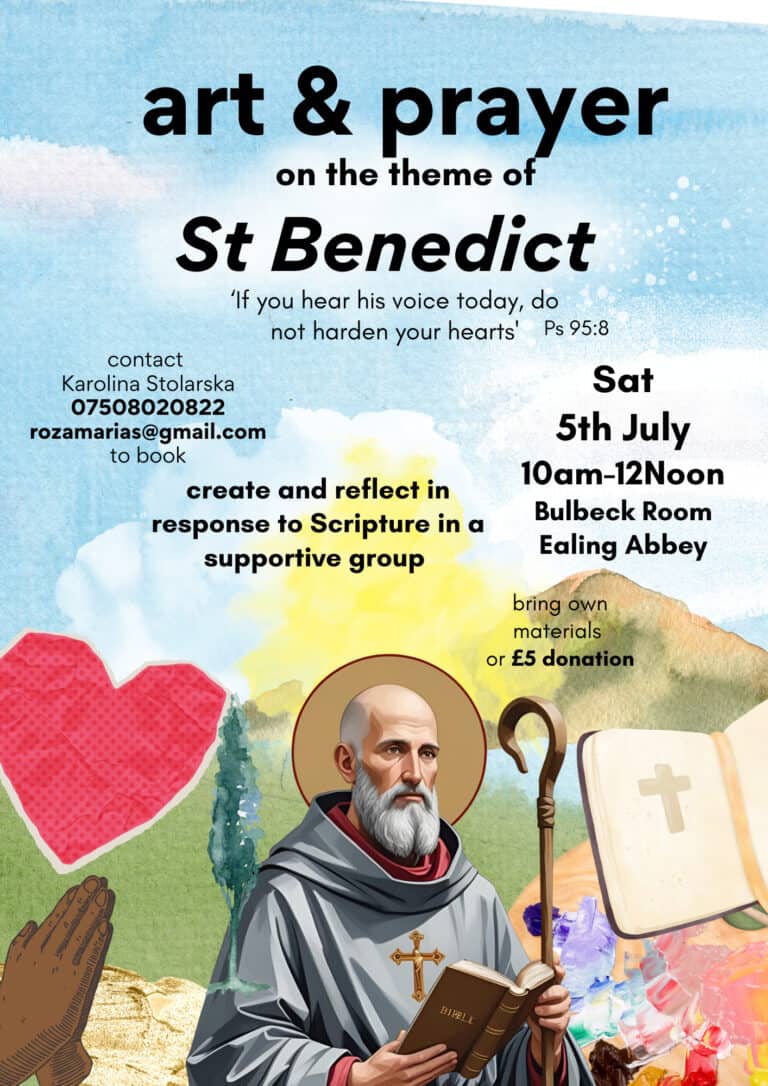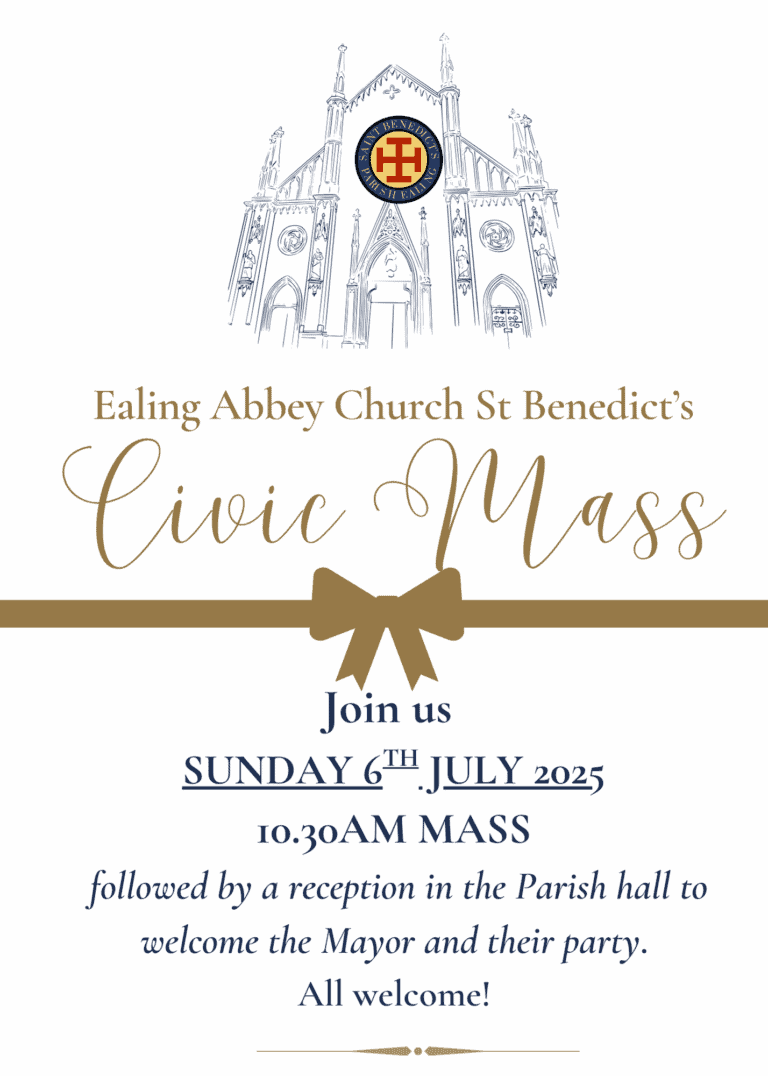Canonization is a formal process whereby the Church declares a deceased member as having been admitted into the company of the saints in heaven. The practice was formalized and centralized through appeal to the Pope some time in the middle ages though long before that many were regarded as saints. The word ‘saint’ comes from the Latin ‘sanctus’, a translation of the New Testament ‘hagios’ meaning ‘holy’ referring to individuals who were committed Christians in the Greek city of Ephesus – Paul starts his letter to the Ephesisans with the words ‘To the saints who are faithful to Christ.’
So what are the qualifications needed to be a saint? Well, we just need to be perfected, not perfect. We sometimes do think of saints as ‘perfect’ examples of Christian living and our prayerful references to ‘all the angels and saints’ can sometimes make them even more remote. The rest of us have to live in a real world, work in a real job (if we are fortunate), engage with real neighbours, pay real bills and face very real problems…..the list is endless as we all know. So we don’t have to be superhuman after all, we just have to be fully human with all that that entails. The history of the Church is full of individuals who sought to be perfected, but were never perfect. In reality the life stories of many of these men and women were often airbrushed so that the blemishes and flaws could be eliminated. They were often portrayed as people they were not. And we do sometimes succumb to that in our own lives: if only I could airbrush the blemishes from my own life then wouldn’t life be so much better and my standing in my community would be all the more enhanced. And wouldn’t God love me even more…..? However we all know that airbrushing is delusional, it is not a reflection of how things really are. We are loved as we are, warts and all.
The writer John Shea tells of a Jewish story about Abraham, the father of the nation refusing hospitality to someone who would worship idols. The Lord God argues with him until he finds the dismissed man and welcomes him. Shea tells another story from the Islamic tradition about God forcing Moses to reconsider his harsh words to a poor shepherd who talked about God in an unsophisticated way. And there are countless similar stories, of Patrick in Ireland, called to evangelise the Irish but responding reluctantly, railing against their pre-Christian ways; and also with Francis of Assisi, in his exchanges with the Sultan Malik at Kamil. These are stories, we are reminded, about acknowledged saints being called to change and in doing so they push our understanding of what holiness is in a new and more promising direction.
It is no accident that the Gospel reading for the Solemnity of All Saints is the Beatitudes in Matthew 5. Six of the Beatitudes or ‘blesseds’ say what will happen and two say what is happening: the kingdom of heaven already belongs to the poor in spirit and to those who are persecuted for Jesus’ sake. The other six are promised for a future, which can, and usually will come in this life, and certainly in eternal life. One writer remarks: ‘When blessedness knows it is poor in itself but rich in God, it lives in the world as God intended; when blessedness mourns because of sin, it knows these are not ultimate and there will be comfort; when blessedness does not resort to violence it will outlast the violent and inherit the earth; when blessedness shows mercy, mercy will increase and include all; when blessedness unfolds in efforts of peace, it will know itself as parented by God.’ Matthew’s beatitudes are his call to holiness, to sainthood, and that call is directed to each one of us.
On this Solemnity it is right that we remember that every one of us is called to holiness, to a fullness of Christian life which will lead to a more fully human way of living. We may indeed be called to be perfect, but before that can happen we need to respond to the invitation to be perfected. As saints in a pandemic age, we struggle daily to live out spiritual communion in the tumult of social life but the challenge of being perfected is met each time we invoke the help of God in prayer.





